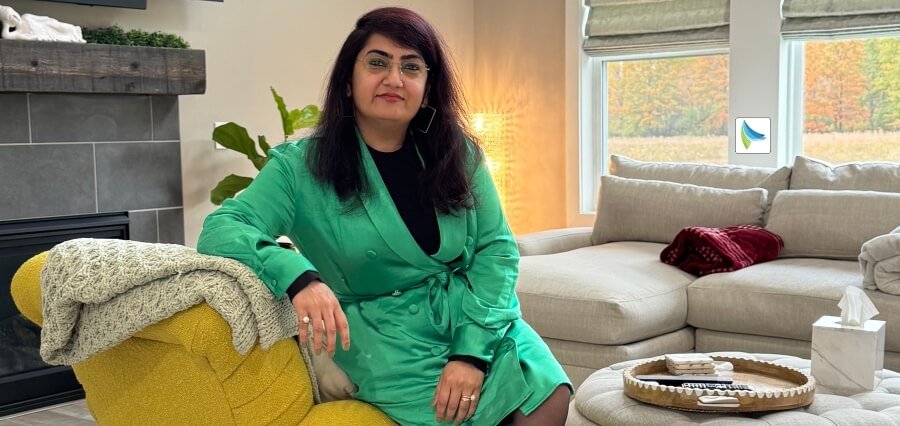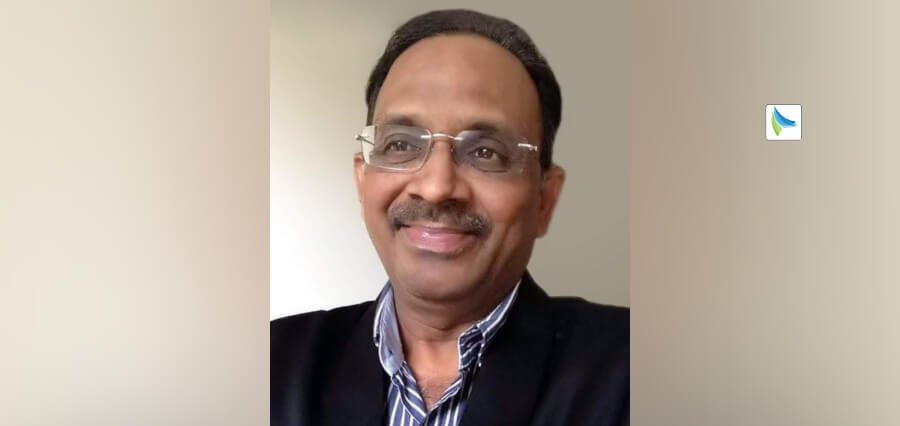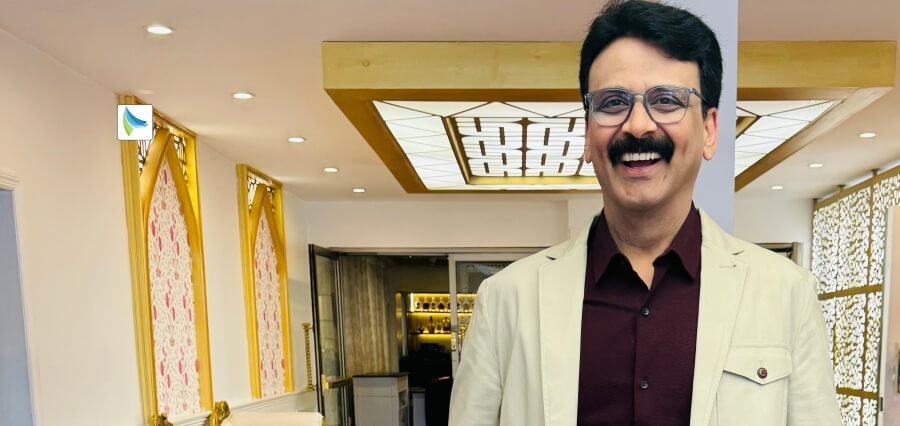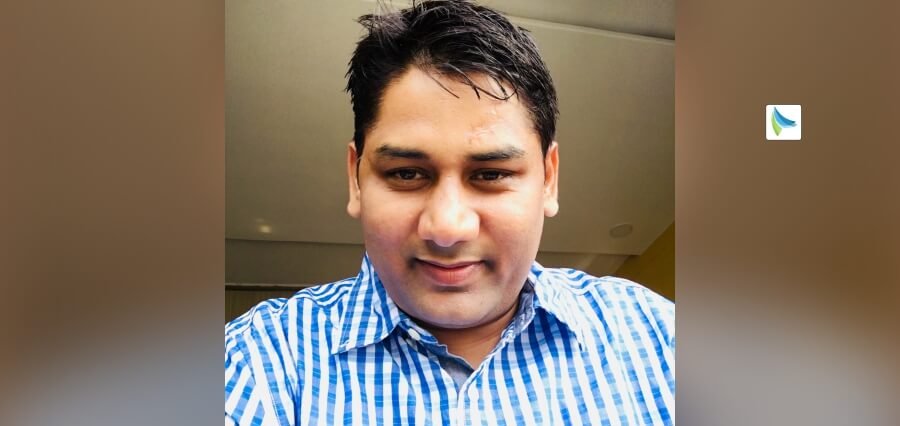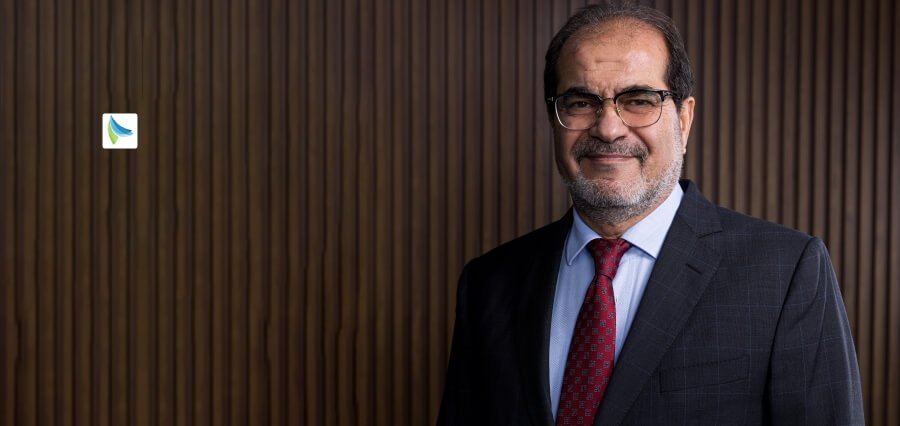A look at how digital tools is enhancing patient engagement and wellness!
As technology and healthcare intersect, a new generation of leaders develops to reshape the landscape of patient care. These innovators are more than simply engineers and developers; they are visionaries who recognize that every modern invention has the potential to save lives and enhance health outcomes.
Their work goes beyond traditional limits as they establish systems that are not only efficient but also equitable, ensuring that everyone has access to great healthcare. This dedication to social impact motivates them to take on complex challenges, bridging gaps in fragmented healthcare systems and fighting for solutions that prioritize the needs of the most disadvantaged people.
Vaibhavi Tiwari, Chief Technology Officer at MyGreen Health, is at the vanguard of this transformative movement. With a strong foundation in artificial intelligence and software engineering, she utilizes technology to create novel solutions that solve crucial concerns in healthcare accessibility and data management.
Vaibhavi’s journey began with a strong awareness of the issues created by fragmented healthcare systems, particularly for those with limited resources. She oversees MyGreen Health’s efforts to develop a unified healthcare record system backed by AI and blockchain technologies, ensuring that patients have authority over their health data while improving overall healthcare delivery efficiency. Her work demonstrates a commitment not only to advancements in technology but also to creating an inclusive healthcare environment in which everyone may thrive.
Let’s know more about her journey:
Pioneering Change in Healthcare Technology
Vaibhavi serves as the Chief Technology Officer at MyGreen Health, driven by a profound commitment to utilizing technology for societal betterment. Her background in artificial intelligence and software engineering has led her to recognize healthcare as a pivotal sector where tech innovations can significantly enhance patient outcomes and accessibility.
Her motivation stems from observing the inefficiencies within fragmented healthcare systems, particularly the challenges faced by immigrants and marginalized communities due to disjointed health records. At MyGreen Health, she strives to tackle these issues by creating innovative, patient-centered solutions to unify healthcare data and improve overall care delivery. Her vision is to ensure that technology advances healthcare and fosters equity and inclusivity for all patients.
MyGreen Health: Transforming Healthcare Through Technology
MyGreen Health was established to revolutionize patient care by integrating technology into healthcare systems. The founding idea emerged from personal challenges in managing healthcare records across various platforms, highlighting the need for a more cohesive, secure, and accessible solution.
Central to MyGreen Health’s mission is the development of a unified healthcare record system that utilizes AI and blockchain technology. This innovative approach empowers patients with complete control over their health data while enhancing efficiency, personalization, and transparency in healthcare delivery. Ultimately, MyGreen Health aims to ensure equitable access to quality care for all individuals, irrespective of their background or location.
Transformative Healthcare Solutions
Vaibhavi spearheaded a groundbreaking project focused on creating a unified healthcare records platform. Her leadership spanned the entire technology development lifecycle, from initial concept to final deployment. One significant challenge was ensuring interoperability among diverse healthcare systems, each with distinct data formats. This necessitated careful planning and tailored integration solutions to facilitate smooth data exchange.
Additionally, safeguarding sensitive patient information was paramount; thus, robust security measures were implemented alongside AI-driven insights into data access patterns. By addressing these hurdles, Vaibhavi successfully developed a platform that not only enhanced data security but also streamlined patient care coordination, ultimately making healthcare more efficient and responsive to patient needs. Her work exemplifies how technology can bridge gaps in healthcare delivery and improve overall patient experiences.
Strategic Problem-Solver in Data Management
Vaibhavi approaches complex data challenges, particularly in ETL (Extract, Transform, Load) processes, by breaking problems into manageable parts. She emphasizes understanding source data, ensuring thorough data cleansing and transformation, and optimizing the loading process for performance.
In a notable project at MyGreen Health, she led the integration of patient data from multiple platforms with varying formats. To address this, her team developed a custom ETL pipeline that accurately transformed and loaded the data into a unified system.
By automating data validation, they significantly reduced manual intervention and enhanced overall data quality, demonstrating her effective problem-solving skills in a demanding environment.
Essential Skills for Software and Data Engineers in Healthcare
In the healthcare sector, critical skills for Software and Data Engineers include a strong grasp of data security, expertise in managing large-scale data systems, and the ability to create user-friendly solutions. Given the sensitivity of healthcare data, ensuring privacy and compliance with regulations like HIPAA is vital.
Vaibhavi has developed these competencies through continuous learning and hands-on experience with secure data systems. Collaborating closely with healthcare professionals has further honed her skills in delivering practical solutions. Additionally, she has gained expertise in cloud computing and artificial intelligence, which are increasingly essential for effective healthcare data management and analysis.
Prioritizing User Experience in Healthcare Solutions
Vaibhavi emphasizes user experience as a fundamental aspect of software development at MyGreen Health. She collaborates closely with cross-functional teams, including healthcare professionals, to understand their workflows and challenges. By integrating UI/UX research early in the development process, her team designs intuitive, user-centered interfaces.
Regular usability testing sessions with both technical and non-technical stakeholders allow for continuous refinement of solutions. A notable example is the development of a unified healthcare record system, where early engagement with doctors and nurses led to an easy-to-navigate interface, minimizing cognitive load and effectively supporting healthcare professionals in their daily tasks.
Bridging Technical and Non-Technical Teams
Vaibhavi played a pivotal role in the development of an AI-powered patient insights tool, emphasizing cross-functional collaboration. To bridge gaps between technical and non-technical team members, she employed storytelling techniques to simplify complex AI concepts, focusing on real-world healthcare applications.
Thorough documentation served as a vital reference for all team members, ensuring clarity on AI processes. Regular communication and workshops encouraged team members to voice their concerns and requirements, fostering alignment. Additionally, Vaibhavi utilized visual aids like presentations and diagrams to illustrate intricate ideas, creating a culture of transparency that ultimately led to a successful solution tailored to healthcare needs.
Lifelong Learning in Technology
Vaibhavi is motivated by technology’s potential to improve lives, especially in healthcare. To stay updated in the fast-evolving field of computer science, she attends industry conferences, reads academic journals, and participates in webinars. Additionally, she fosters a culture of continuous learning within her team, exploring advancements in AI and natural language processing to enhance healthcare communication.
Lessons from Setbacks in AI Development
Vaibhavi experienced a significant setback during the rollout of an AI-driven predictive analytics tool for patient risk assessment. The team underestimated the challenges of managing large volumes of unstructured data, leading to delays and data quality issues that affected model accuracy.
This experience taught her the importance of thorough data profiling and feasibility analysis before development. She also learned to conduct extensive pilot testing with smaller datasets to identify potential problems early. As a result, Vaibhavi adopted a phased approach to project deployment, prioritizing data quality and proactive risk management, ultimately enhancing project outcomes.
Upholding Ethical Standards in Healthcare Data Management
Vaibhavi prioritizes ethical considerations in her work, especially regarding sensitive healthcare data. During the design of a unified healthcare record system, she ensured compliance with HIPAA regulations and integrated standards like FHIR and HL7 for secure data exchange.
Strict access controls and robust encryption were implemented to protect patient information. Regular ethics reviews ensured adherence to best practices in data privacy and security. This comprehensive approach allowed her team to build solutions that prioritize patient confidentiality and data integrity, demonstrating a commitment to ethical standards in technology development within the healthcare sector.
Ethical Considerations in Healthcare Data Management
Vaibhavi prioritizes ethical considerations in her work, particularly when handling sensitive healthcare data. During the development of a unified healthcare record system, she emphasized data privacy and security by ensuring compliance with HIPAA regulations and integrating standards like FHIR and HL7 for secure data exchange.
Strict access controls and robust encryption were implemented to protect patient information. Regular ethics reviews were conducted to maintain adherence to best practices in data privacy. This comprehensive approach allows her team to create solutions that prioritize patient confidentiality and data integrity, reinforcing their commitment to ethical standards in healthcare technology.
Advocating for Technology in Healthcare
Vaibhavi believes software engineers have a vital role in advocating for technological solutions that address social issues in healthcare. They can design systems that reduce disparities, improve patient outcomes, and empower individuals. By focusing on end users and engaging diverse communities, engineers can create inclusive solutions. At MyGreen Health, she emphasizes building technology that prioritizes equity and accessibility, ensuring that advancements benefit all populations, not just a select few.
Adapting to New Technologies
Vaibhavi faced a significant challenge when integrating AI into her healthcare platform. Although experienced in secure data management, the complexities of AI required her to quickly adapt and learn its applications for enhancing patient care and operational efficiency. This experience underscored the importance of adaptability and continuous learning in a rapidly evolving field.
By immersing herself in AI developments, she recognized that embracing new methodologies is crucial for creating impactful solutions.
Measuring Success Beyond Technical Metrics
For Vaibhavi, success transcends technical performance; it focuses on the real-world impact of solutions on users. In healthcare, she emphasizes patient outcomes and user satisfaction as key indicators. For instance, with the unified healthcare record system, success is not only about data processing speed but also how easily patients and providers can access and share information.
To assess success comprehensively, her team conducts user satisfaction surveys, tracks improvements in patient health, and monitors reductions in administrative overhead.
Aspirations for Advancing Healthcare Technology
In the next five years, Vaibhavi aims to lead innovative projects at the intersection of AI, blockchain, and healthcare. She seeks to develop solutions that enhance global healthcare accessibility, particularly for underserved populations. Additionally, she plans to contribute to computer science advancements by publishing research on AI in healthcare and mentoring emerging engineers.
Vaibhavi envisions utilizing her skills to create a more equitable healthcare system, where technology empowers individuals and improves lives worldwide. Her commitment to continuous learning and impactful solutions reflects her dedication to driving positive change in the healthcare landscape.
Harnessing Data for Health
I am a seasoned professional with over eight years of experience in data engineering, software development, and healthcare IT. I hold a master’s degree in computer science from Montclair State University, where I focused on AI and data science, and a Master of Computer Applications from the National Institute of Technology, Karnataka, India, which laid the groundwork for my career in technology.
To deepen my knowledge, I pursued a MicroMasters in Statistics and Data Science from the Massachusetts Institute of Technology (MIT), gaining a strong foundation in statistical modeling, machine learning, and advanced data science techniques. Additionally, I completed courses in AI and data science through Harvard, which have equipped me with cutting-edge skills that I continually apply in my work.
Throughout my career, I’ve been driven by a passion for leveraging data to solve complex problems, particularly within healthcare. At Oracle Cerner, I worked on optimizing electronic health record (EHR) systems and building robust data engineering pipelines that significantly improved data processing and accuracy. These roles helped me develop a solid understanding of the unique challenges and opportunities in healthcare IT. My expertise spans cloud computing, AI, and machine learning, as well as tools and technologies like Kubernetes, Docker, and AWS. I’ve also developed a range of solutions, from real-time emotion detection in chat services to AI-driven flashcard games for educational purposes.
In addition to my professional work, I am actively engaged in research. My publications in IEEE conferences reflect my commitment to advancing knowledge in cybersecurity, digital forensics, and autonomous systems. One of my notable projects, Investigating Drone Data Recovery Beyond the Obvious Using Digital Forensics, received the Best Paper Award at IEEE UEMCON 2023. This research provides a novel framework for recovering critical data from drones used in malicious activities, aiding law enforcement agencies in criminal investigations. Another project, Review of Ransomware Attacks and a Data Recovery Framework using Autopsy Digital Forensics Platform focuses on developing a ransomware detection and data recovery framework, contributing valuable insights to the field of cybersecurity.
Beyond research papers, I authored a book titled Eyes in the Sky: A Guide to Drone Forensics, which offers a comprehensive guide to drone data recovery and forensic techniques. This book serves as a practical resource for both researchers and practitioners in digital forensics, with detailed chapters that explore data recovery mechanisms for drones involved in illicit activities.
In my current role as CTO of MyGreen Health, I’m leading efforts to innovate in healthcare through AI-driven solutions and secure data management. I’m committed to creating a more accessible and patient-centric unified healthcare ecosystem by developing a platform that integrates advanced technologies like FHIR and HL7 for seamless data exchange, ensuring that sensitive health data is securely managed and easily accessible to authorized users.








